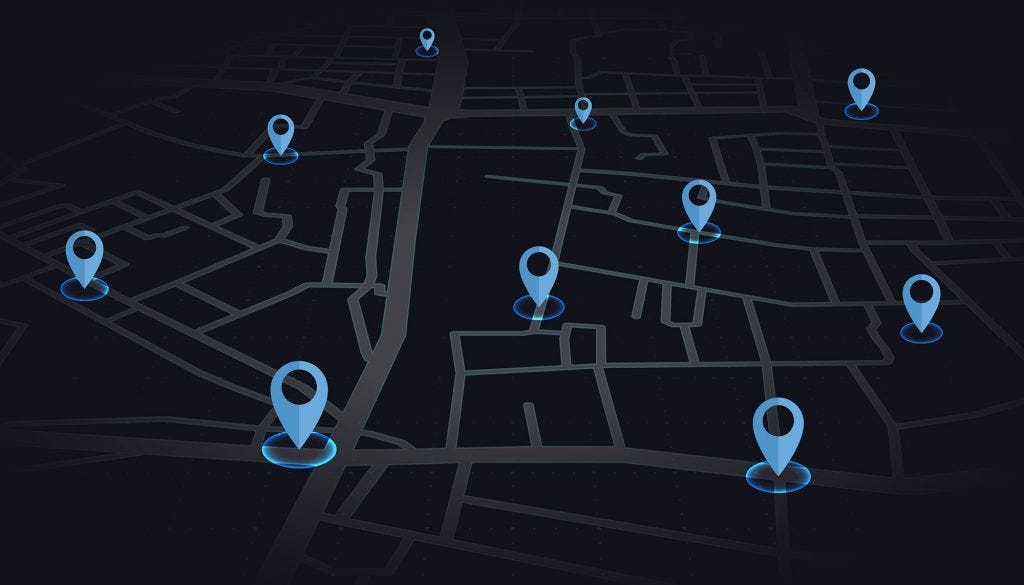IP geolocation reveals the approximate location of a network connected device. This information can be useful for businesses and individuals alike.
Whether used for marketing, content localization or security and fraud prevention, accurate IP address location is critical to business success. But how accurate is IP-based geolocation? This article will explore that question.
Location accuracy depends on the source of the data
IP address geolocation tools can pinpoint the general location of internet users. This information is sourced from the IP address itself alongside routing information and other data packets transmitted during online activities. However, it can be difficult to source accurate geolocation data for a variety of reasons.
Most residential internet connections use dynamic IPs that can change periodically. These IP addresses are usually linked to specific locations but may not provide a precise location. This is also true of mobile devices that often obtain new IP addresses as they switch between cellular networks.
Despite these limitations, geolocation accuracy is often good at the country level. In some cases, it can even be down to the city. But it is impossible to achieve 100% accuracy. Luckily, this technology cannot give voyeurs a view into your bedroom and won’t reveal your home address. It does, however, make it possible to target users more precisely. This can be a significant advantage for businesses that want to optimize their online marketing campaigns.
The number of end-users
While IP geolocation accuracy may sound nefarious, it is vital to law enforcement, thriving businesses, and marketing campaigns. This information is readily available and legal to gather, as it’s provided by the end-user’s Internet Service Provider (ISP) every time a device connects to the web.
The information gleaned from a user’s IP address can be used to improve website performance and personalize user experiences. For example, a website can use this data to route visitors to the nearest server, reducing latency and improving site loading times.
It’s also helpful for businesses to understand the demographics and preferences of users in their area. This data can be used to create targeted ads that resonate with a specific audience. For example, a company can target users in New York City to promote a local event or sale. This will help them reach their ideal customers while minimizing advertising costs.
The number of IP addresses in use
There are currently around 4.3 billion IPv4 addresses in use. However, the number of addresses in use is growing faster than many people expected, and experts believe that there will be a shortage of IPv4 addresses within just a few years.
This is partly because more and more devices are getting IP addresses. It was once a joke in the technology industry that one day even your toaster would have an IP address, but now almost every device you own connects to the internet via an IP address.
Another factor contributing to the IP geolocation accuracy issue is that most IP addresses are dynamic, which means they can change location frequently. This is especially true for mobile users. For example, someone using a laptop might use it in an office in the morning, then in a museum cafe wi-fi network in the afternoon, and then at home in the evening. Each time they connect, their laptop will have a different IP address.
The time of day
IP address geolocation tools are not as nefarious as they sound. They play a vital role in thriving businesses and law enforcement, including site localization and network security. These tools are particularly important for mobile devices since their IP addresses change with every connection. For example, a mobile device user might connect to the office Wi-Fi in the morning, a museum cafe’s WiFi in the afternoon, and then their home in the evening.
For a business, knowing the country an end-user is located in allows them to personalize content and offer discounts to those users. This data can also help them identify potential new markets for their products or services.
However, it is important to understand that the accuracy of the geolocation data varies depending on the source of the information and how it is used. For example, some bulk IP location databases only provide an approximate area of a region and cannot be matched to an individual’s street address.






